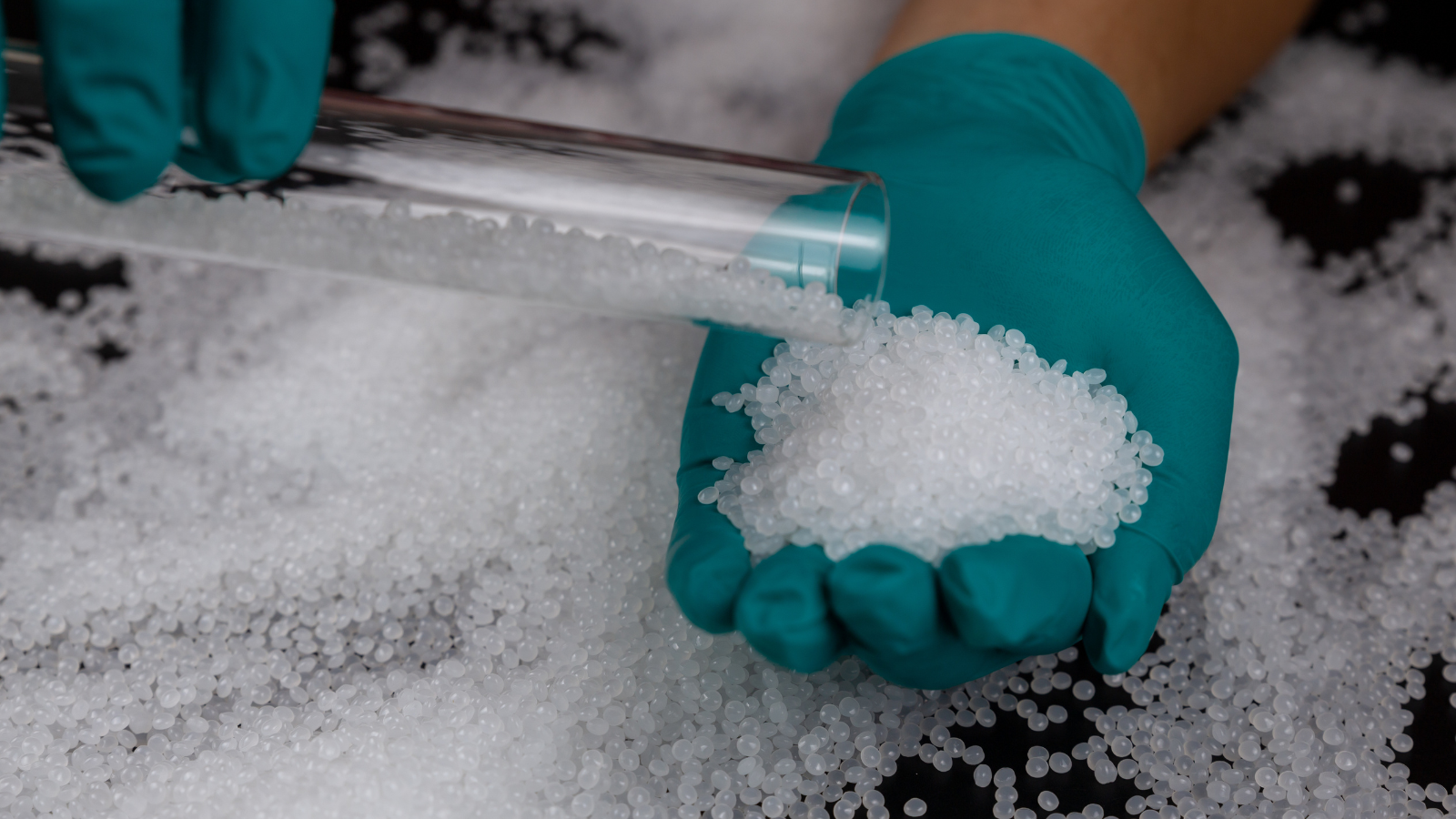ZWE study finds that, to remain in line with the Paris Agreement, mechanical recycling of plastic packaging should be prioritised over pyrolysis

New study published today by Zero Waste Europe (ZWE) finds that greenhouse gas emissions from mechanical recycling are lower than those from chemical recycling by a factor of 9.
The “Climate impact of pyrolysis of waste plastic packaging in comparison with reuse and mechanical recycling” study is based on the estimated future recycling content targets in plastic packaging.
BACKGROUND: In the context of the revision of the Packaging and Packaging Waste Directive (PPWD), the European Commission (EC) assigned the independent consultancy Eunomia to consider the possible introduction of recycled content targets for plastic packaging by 2030. Based on the estimated future recycling content targets in plastic packaging, Eunomia determined to recycle quantities that must come as outputs from chemical recycling or mechanical recycling. Chemical recycling, in this case, means thermo-chemical (i.e. pyrolysis) recycling.
With this study, commissioned by ZWE and Rethink Plastic alliance to Öko-Institut, we calculated the impact of Eunomia’s proposed scenario regarding greenhouse gas (GHG) emissions and carbon loss. The study compares seven scenarios to meet the projected recycled content target by 2030, and puts them into perspective with the Paris Agreement commitments to limit global warming to 1.5 degrees Celsius.
The study found that:
- Pyrolysis GHG emissions are nine times higher than those in mechanical recycling – in all scenarios considered over 75% of greenhouse gas emissions are attributable to chemical recycling;
- Over half of the carbon content of plastic is lost in the pyrolysis process and has to be replaced by new plastic;
- Mechanical recycling must be prioritised over pyrolysis wherever possible – shifting 30% of the production attributed to chemical recycling by Eunomia to mechanical recycling would reduce GHG emissions by 31%;
- Combining shift to more mechanical recycling together with a reduction of 20% of packaging would result in a 45% reduction of GHG emissions compared to the “chemical recycling scenario”.
- Combining mechanical and chemical recycling to transform plastic waste into recyclate avoids the GHG emissions associated with the use of primary plastic.
ZWE’s Chemical Recycling and Plastic-to-Fuel Policy Officer, Lauriane Veillard says: “The revision of the PPWD should serve as a lever to make the packaging sector more circular and be in line with European climate commitments to limit Global Warming to 1.5 Degrees Celsius. There are other ways than pyrolysis for contact-sensitive materials. The climate impact of the managing pathways should be considered when setting targets. The revision is the opportunity to rethink the overall volume and the use we make of plastic packaging.“
With this in mind, ZWE urges the European Commission (EC) to consider the reports’ findings in the upcoming revision of the PPWD and to:
- Introduce legal safeguards to prioritise mechanical recycling over pyrolysis;
- Consider the climate impact of different recycling technologies when settings targets for recycled content;
- Incentivise measures such as design for recycling and innovations along the plastic packaging value chain to facilitate mechanical recycling.
Lauriane Veillard adds: “If we are serious about achieving net-zero emission economy, mechanical recycling must be preferred over pyrolysis , However, this cannot be achieved unless legal safeguards as part of the P&PWD revision are introduced to prioritise mechanical processes for recycling packaging waste complemented with ambitious prevention and reuse targets”.
The launch of the study is accompanied by the webinar “The climate impact of pyrolysis of plastic packaging and alternatives – strategies to lower it” on September 27th, from 2 pm until 3.30 (Registration here)
ENDS
Press Contacts:
Lauriane Veillard, Policy Officer on Chemical Recycling and Plastic-to-Fuels at ZWE [email protected]
Berta Corredor, Press Officer at ZWE [email protected] + 32 471 965 593
About Zero Waste Europe
Zero Waste Europe is the European network of communities, local leaders, experts, and change agents working towards the elimination of waste in our society. We advocate for sustainable systems and the redesign of our relationship with resources, to accelerate a just transition towards zero waste for the benefit of people and the planet.